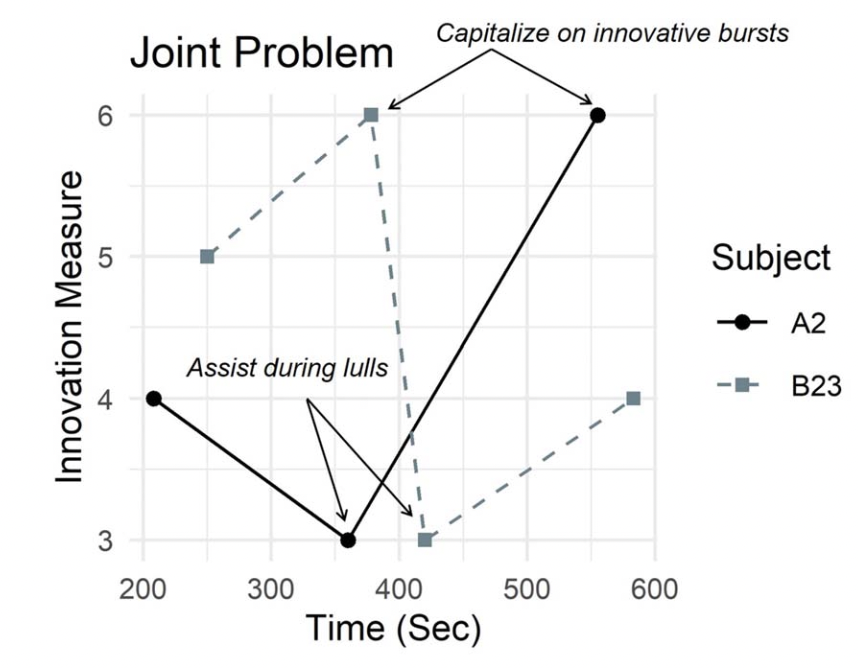Abstract
Ongoing work within the engineering design research community seeks to develop automated design methods and tools that enhance the natural capabilities of designers in developing highly innovative concepts. Central to this vision is the ability to first obtain a deep understanding of the underlying behavior and process dynamics that predict successful performance in early-stage concept generation. The objective of this research is to better understand the predictive factors that lead to improved performance during concept generation. In particular, this work focuses on the impact of idea fluency and timing of early-stage design concepts and their effect on overall measures of ideation session success. To accomplish this, we leverage an existing large-scale dataset containing hundreds of early-stage design concepts; each concept contains detailed ratings regarding its overall feasibility, usefulness, and novelty, as well as when in the ideation session the idea was recorded. Surprisingly, results indicate that there is no effect of idea fluency or timing on the quality of the output when using a holistic evaluation mechanism, such as the innovation measure, instead of a single measure such as novelty. Thus, exceptional concepts can be achieved by all participant segments independent of idea fluency. Furthermore, in early-stage concept generation sessions, highest-rated concepts have an equal probability of occurring early and late in a session. Taken together, these findings can be used to improve performance in ideation by effectively determining when and which types of design interventions future design tools might suggest.
